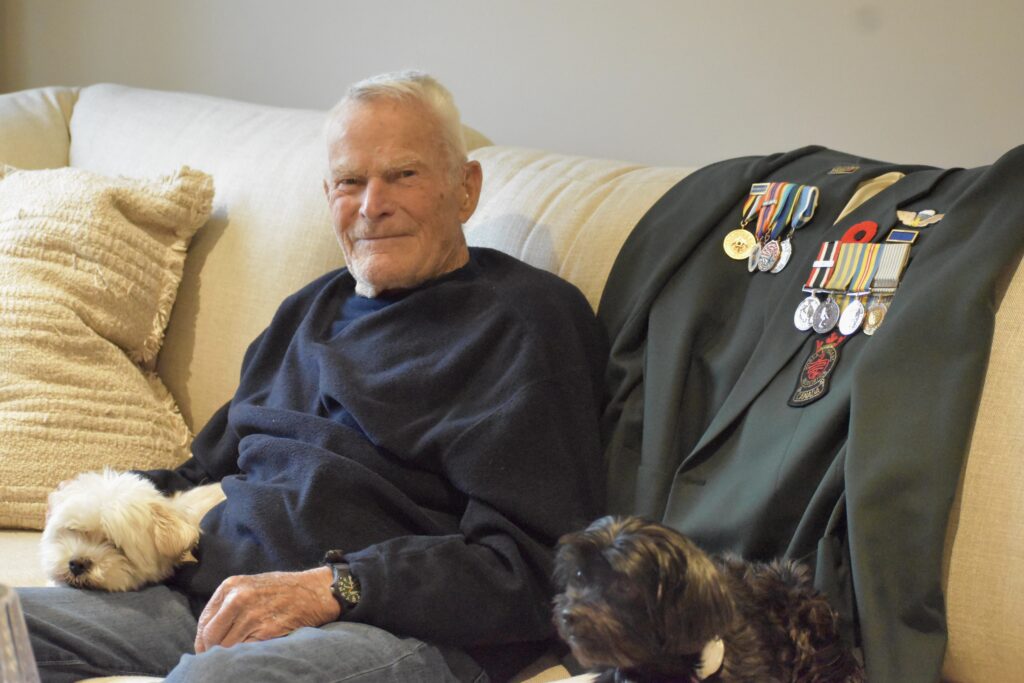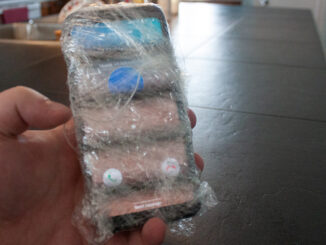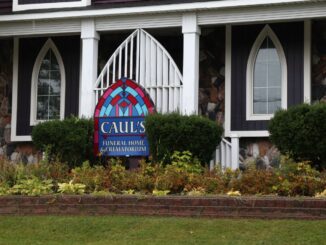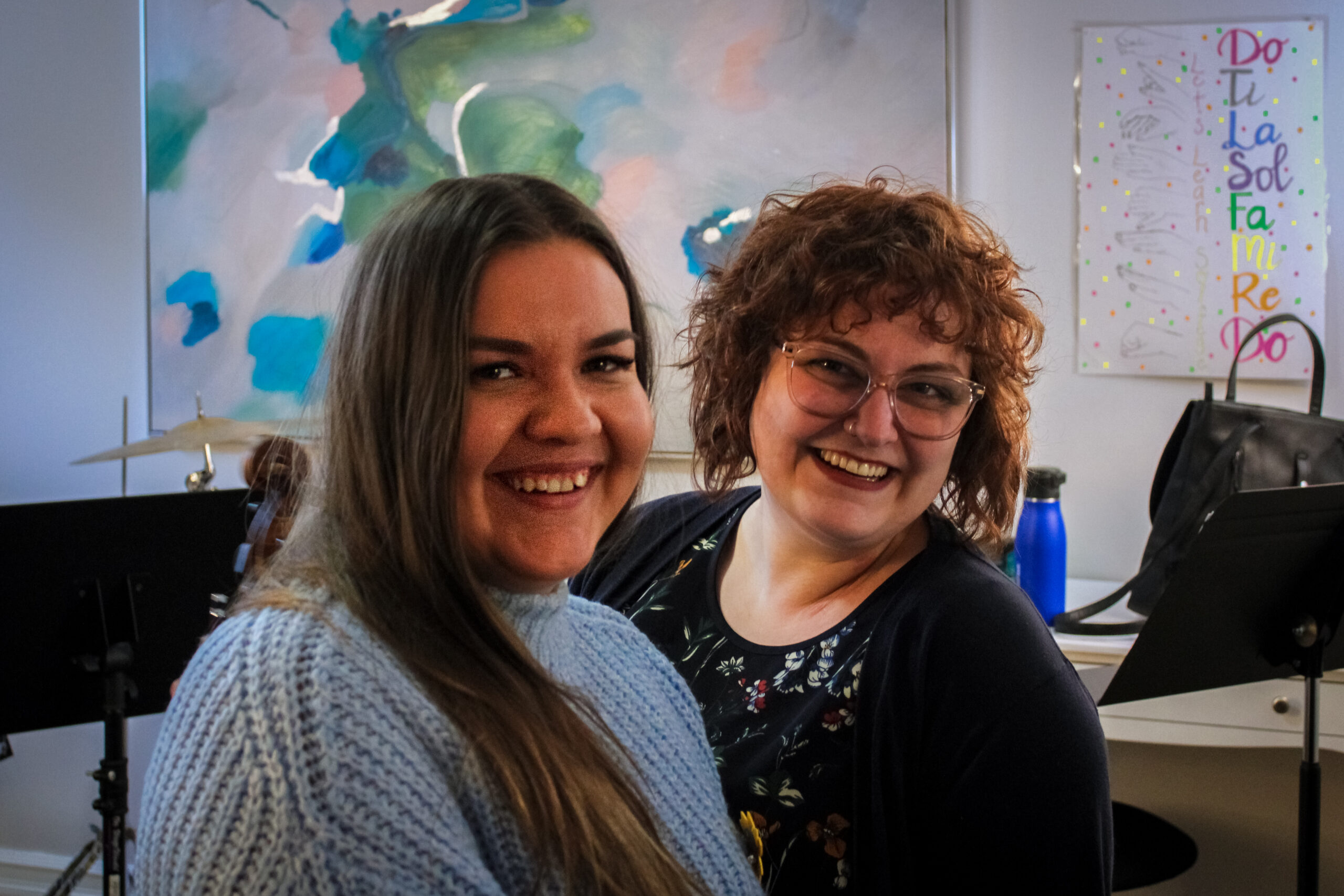Frank Boe is among the few who can recall first-hand what the forgotten war was really like.

Olivia Taylor/Kicker
Olivia Taylor
Kicker
At 96 years old, Frank Boe can still remember the smell of Korea. It was the smell of human waste used to fertilize the rice paddies.
The smell, he says, was drifting offshore as his troop ship neared Pusan in October 1950. He was part of an advanced unit.
“You could smell it 10 miles out,” Boe said from his home in Clarke’s Beach. “I never liked rice after that.”
It’s a memory from what’s often called the forgotten war, a conflict that killed more than 500 Canadians and wounded thousands more. Despite this, it remains overshadowed by the wars that came before and after.
Today, Boe is one of few Korean War veterans still alive in Canada.
The Korean War began in June of 1950 when North Korean forces, backed by China and the Soviet Union, invaded South Korea. The United Nations called on member countries to defend the south.
Canada answered, reluctantly.
The Canadian government was still reeling from the Second World War.
“The government didn’t want us over there,” Boe said. “They were afraid of anything to do with Asia.”
Nearly 27,000 Canadians would eventually serve in Korea. He was only 21 years old and a lance corporal with the 2nd Battalion, Princess Patricia’s Canadian Light Infantry.
He’d already spent a year as a paratrooper with the 1st Battalion before he went to Korea.
“I hadn’t been any higher than a haystack,” he said about his first operational jump.
He knew nothing about the country he was sailing toward during that 10-day trip across the Pacific. When he arrived in Pusan (now called Busan), he didn’t know what to expect.
“It was a mess,” said Boe. “Absolutely terrible. Dirt all over the place. The buildings were just shacks, you know. You talk about a city, it didn’t look like a city at all.”
They carried single-shot rifles while the Americans had automatic weapons. They ate canned rations like beans and rice.
“It was all canned food.”
Boe remembers exactly what it felt like the first time he came under sniper fire, a regular occurrence.
“It was like bees buzzing around you,” he said.
Promoted to corporal in Korea, Boe led his troops through it all.
“I cared about my men,” he said. “I was firm and fair.”
The landscape was harsh, and so was the cold.
The soldiers climbed mountain after mountain, chasing Chinese and North Korean forces.
“It was all mountains,” Boe remembers. “We had to pack about 85 pounds up every one of them.”

He and his troops slept in a slit trench, barely wider than their shoulders, and about two metres long with only one blanket for warmth.
When they left the defensive line, where his unit spent a couple of weeks, the cold nearly froze Boe in place.
“When it was time to move out, I could hardly walk,” he said. “My feet were so cold. My legs were so stiff. It took me five to 10 minutes to get limbered up.”
In April of 1951, the Battle of Kapyong began.
The Chinese attacked in waves throughout the night, outnumbering the Canadians nine to one.
The Princess Pats were surrounded and cut off, says Boe, and alone except for American tank support and New Zealand artillery.
“I’m proud I volunteered to go over there. I’m proud of the job I did. And I’m proud of the battalion.”
- Frank Boe
“We held the front when everyone else pulled back,” Boe said.
The battalion lost 10 men that night, with 23 wounded.
For holding that line at Kapyong, the 2nd Battalion Princess Pats are one of the few in history outside of the United States to receive a Presidential Unit Citation.
It recognizes what some consider a pivotal moment in the Korean War. If the Canadians failed to hold that line, Chinese forces could have broken through and threatened the entire UN position.
It wasn’t until 1956, five years after the battle, that Boe and his unit received the honour.
“I never even thought about getting any honour,” Boe said nonchalantly. “We just carried on.”
Recognition, whether wanted or not, rarely came for Korean war veterans.
“The military brass and the whole country forgot about us,” Boe said.
His son, Steve Boe, grew up knowing almost nothing about his father’s service in Korea until he was 32.
“It wasn’t until I started working in a prison did he start talking about it,” said Boe’s son. “A lot of people don’t want to burden others. I bottled stuff up myself. It was probably the same with the military.”
Even now, Boe is still reluctant to share certain stories.
“Things happen throughout the battalion you don’t talk about,” he said.
Last year and in the bitter cold, Boe stood proud at the Remembrance Day ceremony in Bay Roberts, one of the few men left who can remember the horror of Korea.
“I’m proud I volunteered to go over there,” he said. “I’m proud of the job I did. And I’m proud of the battalion. It was a great battalion.”
Boe wants Canadians to know one thing.
“I wish they knew about the way the boys performed,” he said. “They gave it the best they could for a country that didn’t want them over there.”




Wow, a great story from the heart of a war hero. Wish all the best to Mr. Boe on this Remembrance Day.
Thank you for your service Mr. Boe, There is a lady in my community from Korea, and I know she would thank you for what you did for her country, as I witnessed her thanking another Korean veteran several years ago. Again thank you for your service.
I have Coffee with this Gentleman on Friday….It is a Privilige… an Honor. We talk of old times and forgotten Wars…. the men forgotten and the men we lost.
We have something in common Vietnam 1969-1970
20,000 Canadian Volunteers served in US Military Units
12,000 Combat Veterans
140 KIA honored on the Wall in Washington, D. C.
Happy birthday big brother???????????? I’m 93
And was with the 1st Marine division in Korea. Stay healthy
And hope we can meet someday!
I know exactly what you were talking about!????. I still remember the smell and the COLD!!SEMPER fi